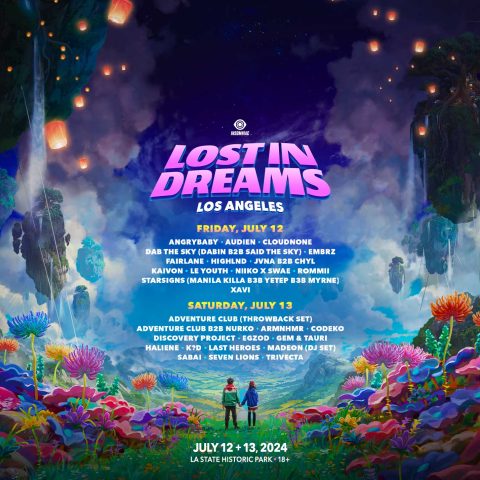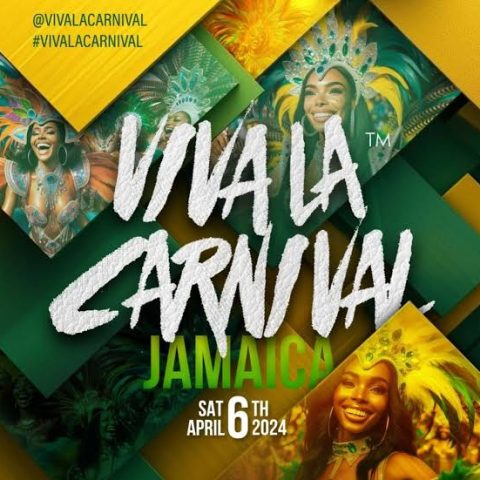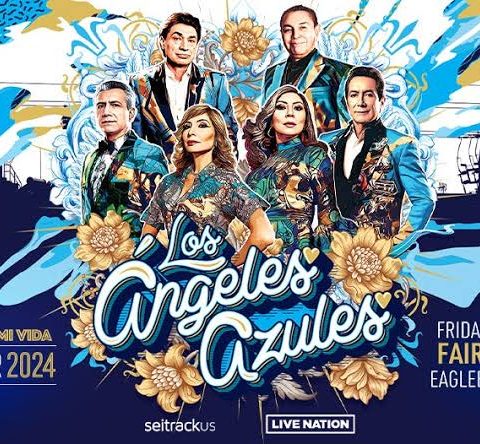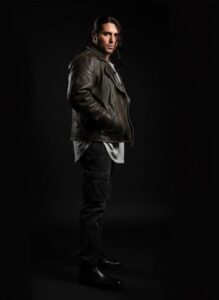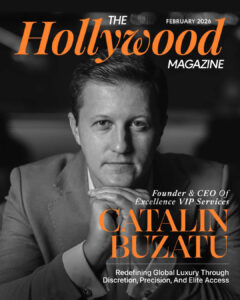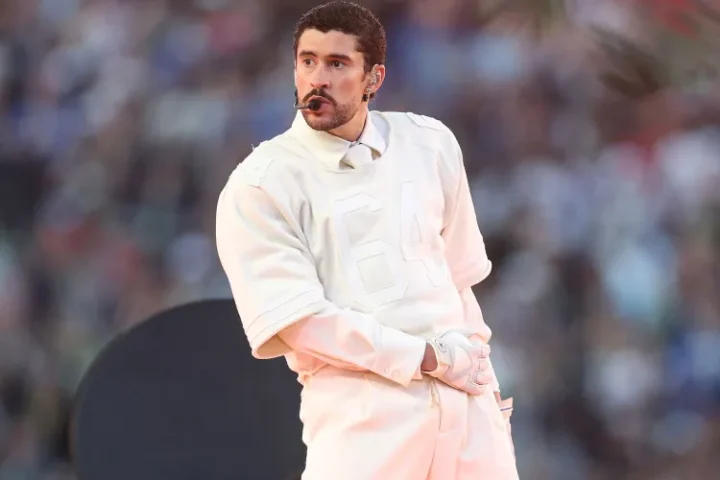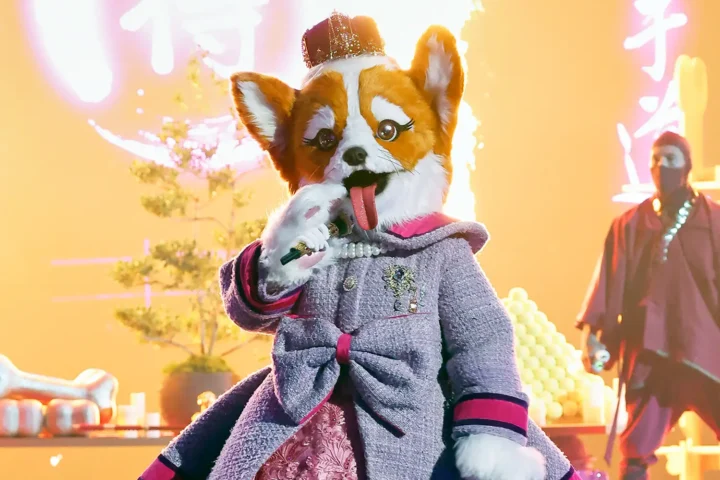Legend of the Ring: Hulk Hogan Dies at 71 from Heart Attack
Wrestling icon and pop culture phenomenon succumbed to natural causes in Florida; remembered for transforming WWE and globalizing professional wrestling.

Terry Gene Bollea, better known to millions around the world as Hulk Hogan, has died at the age of 71 due to a heart attack, according to the medical examiner’s office in Pinellas County, Florida.
The official cause of death was listed as “acute myocardial infarction,” a medical term for a heart attack. The report also cited a history of irregular heartbeat and blood cancer as contributing factors. Hogan’s death was ruled natural, and no autopsy or examination was performed, as his primary care physician certified the death.
Authorities responded to Hogan’s Florida residence last week following a report of cardiac arrest. Emergency crews transported him to Morton Plant Hospital, where he was later pronounced dead. Police confirmed there were no signs of suspicious activity, though an investigation is ongoing.
News of Hogan’s passing prompted an outpouring of tributes from across the entertainment and sports worlds. In an official statement, World Wrestling Entertainment (WWE) expressed its sorrow:
“WWE is saddened to learn WWE Hall of Famer Hulk Hogan has passed away. One of pop culture’s most recognizable figures, Hogan helped WWE achieve global recognition in the 1980s. WWE extends its condolences to Hogan’s family, friends, and fans.”
Hogan’s larger-than-life persona, signature handlebar mustache, and iconic yellow-and-red ring attire made him one of the most famous professional wrestlers of all time. He became a fixture of wrestling’s “Golden Era” in the 1980s and 1990s, headlining countless pay-per-view events and helping catapult WWE (formerly WWF) into a global phenomenon.
His legendary feuds with stars like “Rowdy” Roddy Piper, “Macho Man” Randy Savage, and The Ultimate Warrior helped define professional wrestling for a generation. Outside the ring, Hogan achieved crossover fame, starring in films and TV shows, further solidifying his pop culture status.
Over the decades, Hogan wrestled in WWE, World Championship Wrestling (WCW), and Total Nonstop Action (TNA), contributing to each organization’s growth and success. He was inducted into the WWE Hall of Fame and remains a foundational figure in wrestling history.
While his later years were marked by personal challenges and health battles, Hogan remained a symbol of resilience and charisma. His signature phrase — “Whatcha gonna do when Hulkamania runs wild on you?” — still echoes in the memories of millions of fans worldwide.
Hulk Hogan is survived by his children and loved ones. His legacy as a titan of wrestling and a cultural icon will endure through generations of fans who grew up watching his electrifying presence in the ring.
